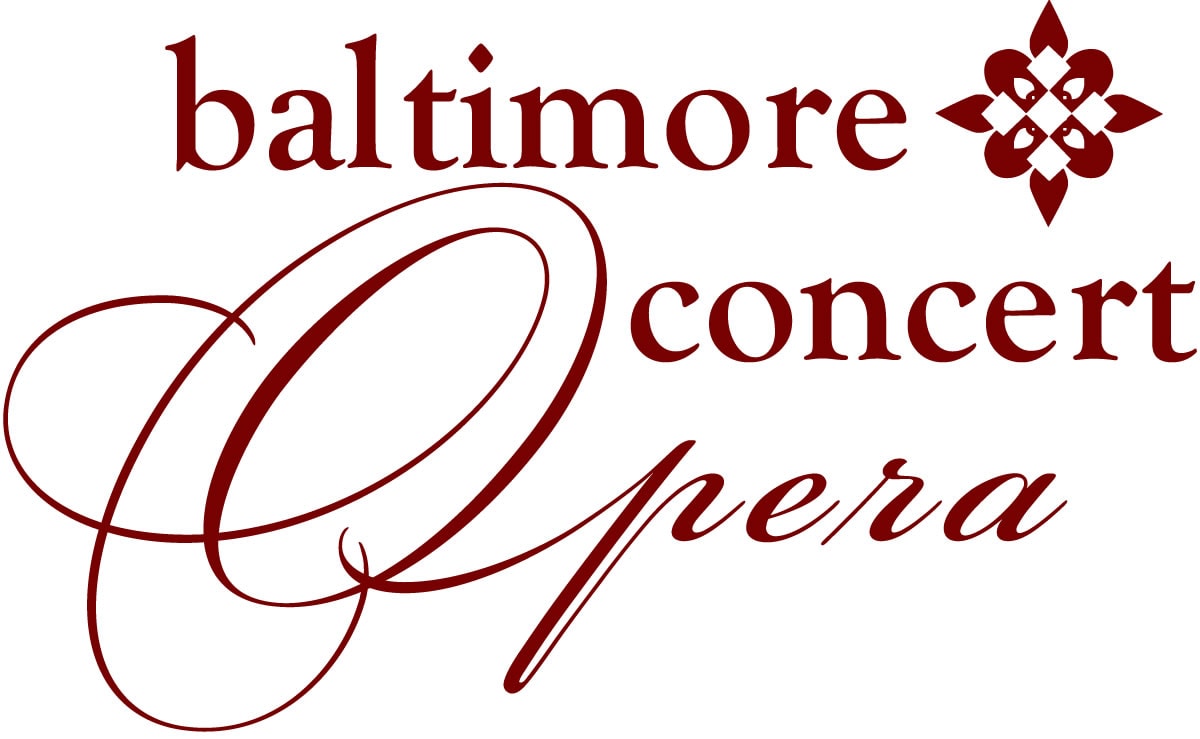It’s no secret that performing arts organizations took a big hit during the pandemic. Smaller organizations were especially hard-hit. I recently got a chance to chat with Julia Cooke, the Artistic and General Director of the Baltimore Concert Opera (BCO), about how the challenges presented by the pandemic gave the company new insights and a chance to return with fresh creative energy—and to find new ways to turn the Baltimore opera scene on its head for aficionados and newcomers alike.
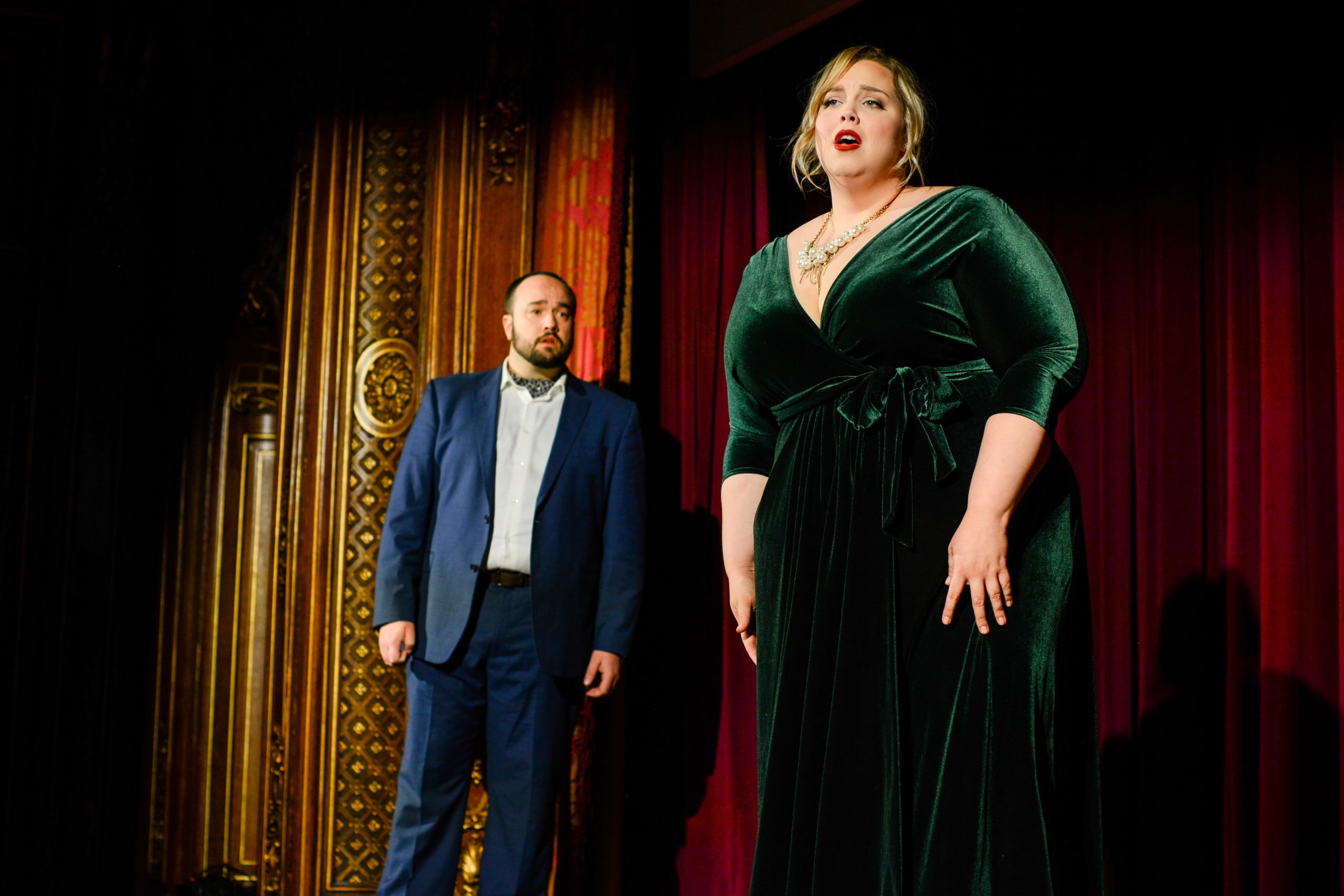
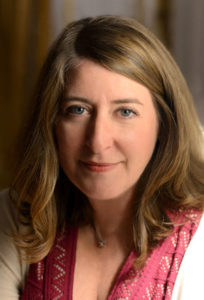
Can you tell us a little bit about your upcoming season?
We’re so excited to be returning to the stage after our “COVID pause.” We will be presenting a three-opera season featuring our very first full production with an orchestra. The repertoire for this season will start with Gian Carlo Menotti’s The Medium in November. It’s a compelling, spooky, and short one-act in English. This will be a semi-staged concert opera in our home venue, the Engineers Club.
In February, we will do our first full production—Barber of Seville—which will be our fully staged opera with an orchestra, presented at Stephens Hall at Towson University. This is a collaborative production with OperaDelaware.
We will close our season back at the Engineers Club with a concert, semi-staged production of Cilea’s Adriana Lecouvreur. This is an opera that isn’t produced often but seems familiar with its beautiful music—it has the feel of a Puccini opera. Like most of our productions, it’s very good for first-timers due to the recurring themes.
What are you most excited about?
Getting back to seeing real people! I know that sounds a little bit trite, but I think we all share the feeling. The pandemic gutted us, emotionally. I think that’s true for everyone in the performing arts. I’ve taken this time to remember why our work is so important. There is nothing like the exchange of energy between the audience and performers and the experience of being in a shared space. That’s what I’m looking forward to.
What made the BCO decide to take the leap to a full-scale production?
It’s something that we had been talking about for a few years as a distant possibility. Right before the pandemic hit, we had decided in our strategic planning process that a full-scale production wouldn’t happen until 2025 at the earliest. The pandemic was not a gift, but it marked a change of direction for us. We suddenly had the time and space to think about how we might be able to execute this.
We were founded back in 2009 by a scrappy group of people who are very dedicated. Always looking for ways to innovate in opera, we established an artistic partnership with OperaDelaware through which we developed a new model: a full cast would perform an opera in concert at BCO, then move to OperaDelaware for the fully staged production. This combined effort of two companies gives the artists much more time together, and the audiences a much more invested experience.
We were discussing doing The Barber of Seville in the same model as before. Then I was like, “Wait…is this the year that we make the full production happen?” We had co-produced a digital recital series during the pandemic that had our staffs working more closely together on a project. This project was tremendously successful and that gave us the confidence to move forward with the full-scale co-production.
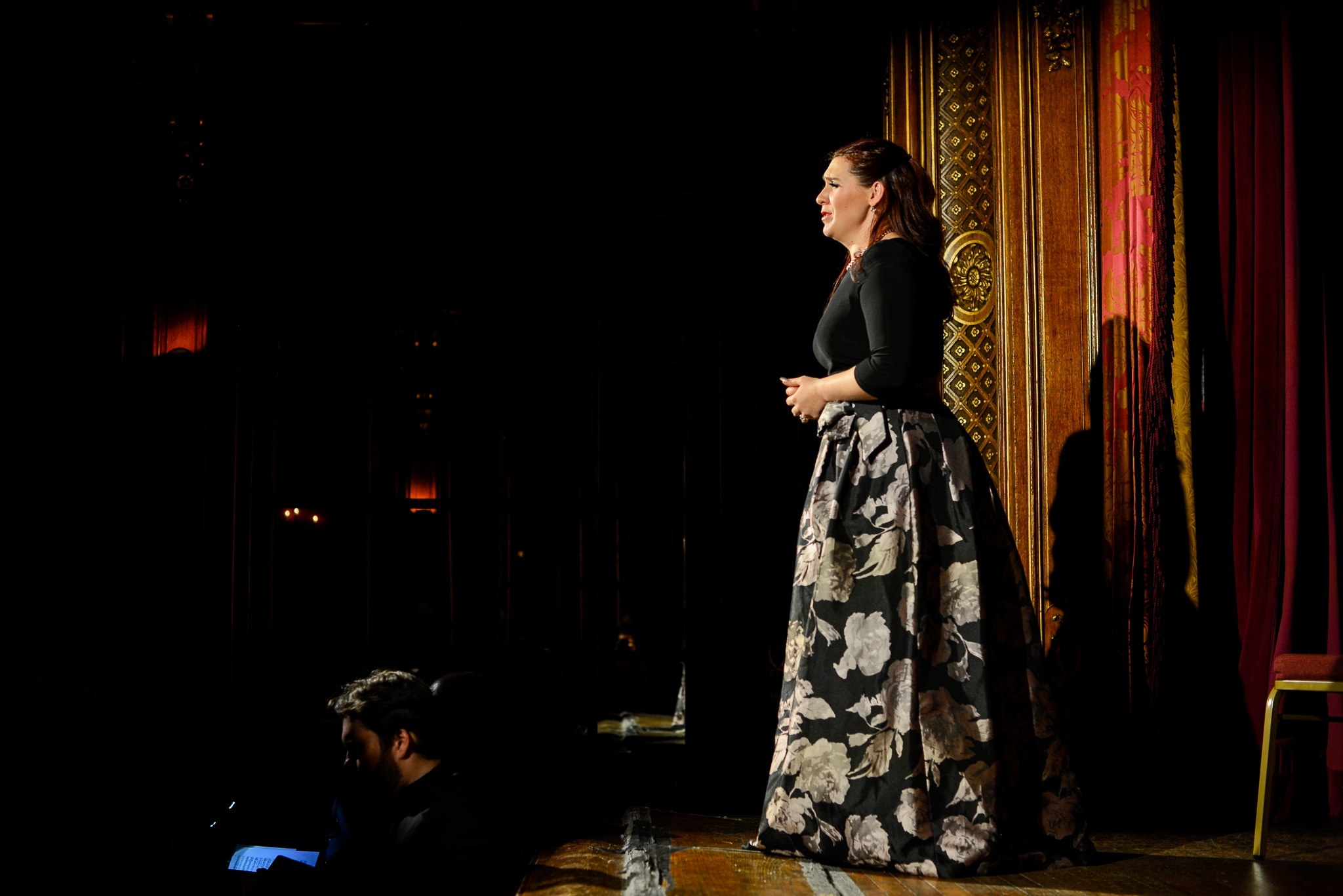
Has the pandemic changed anything for the company?
It’s changed everything. Maybe it’s not so much “change” as it is “growth.” We’ve all heard of post-traumatic stress, but I recently heard this term: post-traumatic growth. In those early months of the pandemic, where we were forced to cancel our productions, it was devastating to us and to the artists.
The pandemic turned everything on its side. We’re not unique in that. It was particularly difficult, as an opera company, to learn more about this upper respiratory disease that was spread through droplets… We were completely sidelined. We didn’t know what that meant for our future. Being thrown into that sea of the unknown forced us to embrace a new way of thinking.
We embraced creative thinking and allowed ourselves to accept that we weren’t in control of the pandemic and couldn’t fix it. I allowed myself the space to step back and reassess our work. Our staff has been amazingly supportive. The pandemic changed everything for us, as it did for everyone else, but it gave us new levels of perspective that we wouldn’t have found without the challenges and trauma of COVID.
We’ve received some very generous grants, as well as funds from the Save Our Stages Act, for which we are very grateful. The most important thing we can do as we reopen is support our artists. Of course, we want to entertain audiences and create beautiful art, but we are nothing without our artists. The season is really dedicated to getting them back on their feet after such a devastating time.
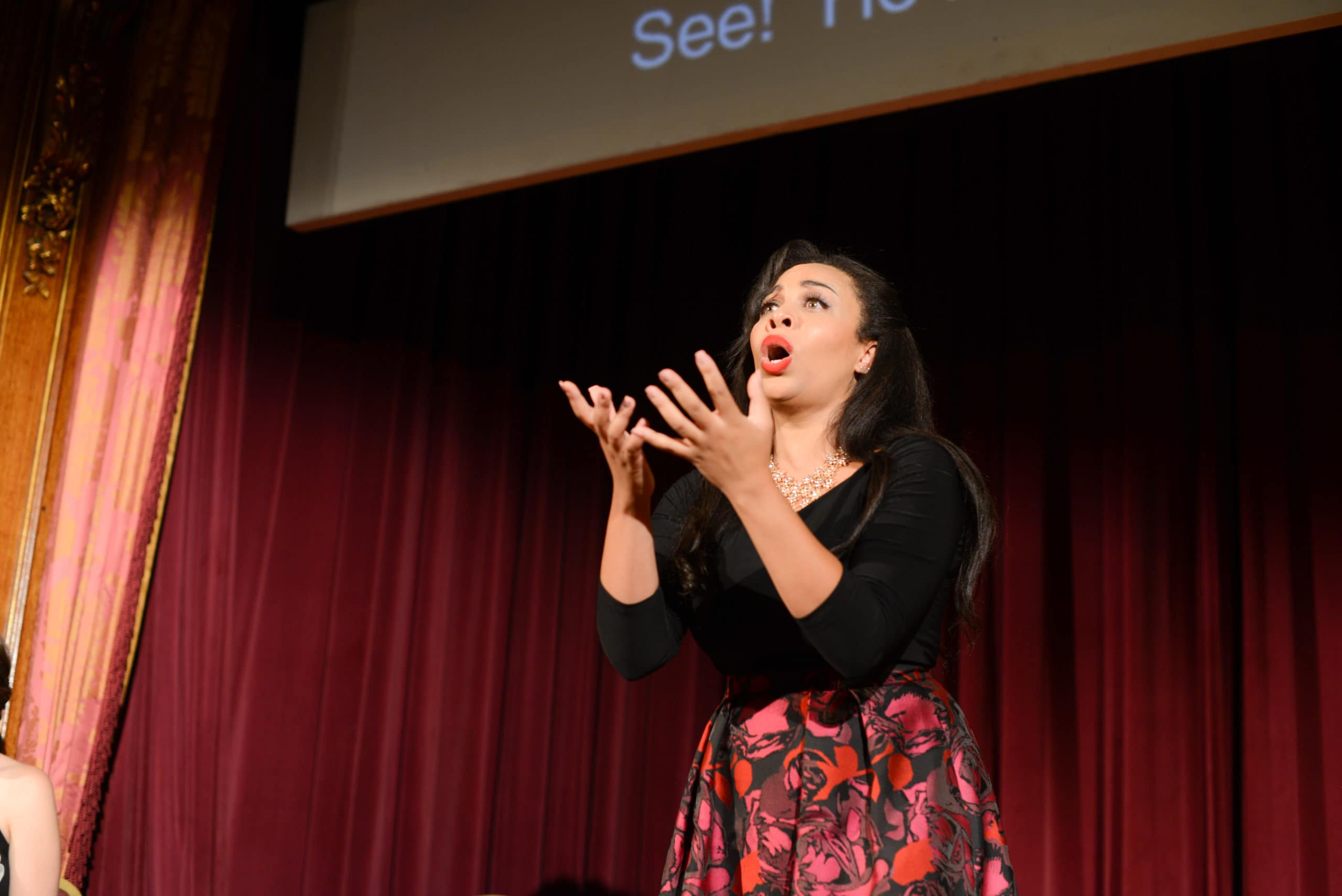
What do you most hope audiences will get out of a BCO performance?
I hope that they are thrilled. I hope that every person who attends finds something about the experience that thrills them—whether that be a song that strikes a chord with them, or one voice on stage that stands out as being particularly compelling, or our staff being warm and welcoming and making them feel comfortable at the opera.
It’s going to differ from person to person—and it should differ! I would never assume that two people would have the same experience coming to the opera. I hope they have a thrilling experience in whatever way that manifests for them.
Is there anything else you would like to share about the future of BCO?
We have big dreams. We have the confidence to move forward to serve the Baltimore community—and beyond—on a larger scale. I want to be clear that our addition of the full production is not to dismiss everything else which we are committed to such as the concert operas and our very popular Thirsty Thursdays. The full production is merely an addition. We’ve found that our previous model, along with our new commitment to our education outreach program for children, is imperative to support the larger projects we might take on.
The Barber of Seville will be a gorgeous, full, layered production that opera lovers have come to expect from us. It will also be inclusive of someone who is coming to the opera for the first time because we’ve learned so much over the years about what really makes these experiences work and what keeps fans coming back for more.
We’re a small company whose productions and events consistently sell out, yet we’re still able to reach new people. We’ve built an incredible community of many audience members who had never seen an opera before coming to BCO. That’s one of the most exciting things to me: the fact that we can appeal to people who are new to opera and don’t know how they will fit in, who might be intimidated or unsure—and to aficionados who have been fans of opera for their entire lives and are most interested in the top-notch singers who perform in our productions.
Newcomers might think that they don’t know enough about opera to attend, but we’ve shown that everybody knows enough to come to the opera! It’s a great experience for anyone who wants to attend. I’m very proud of that.
The following events and productions will be offered as part of the Baltimore Concert Opera’s 2021/2022 season. All performances are at the Engineers Club, 11 West Mount Vernon Place, Baltimore, MD, unless otherwise noted:
October 14, 2021: Thirsty Thursdays at the Opera
November 5 and 7, 2021: Menotti’s The Medium (semi-staged concert opera)
December 7, 2021: BCO’s “Bold Leap Forward” Gala
February 18 and 22, 2022: Rossini’s Barber of Seville (fully staged with orchestra, performances are at Stephens Hall at Towson University)
March 24, 2022: Thirsty Thursdays at the Opera featuring Hoiby’s Bon Appetit
April 3, 2022: Salon Series: Francesca Mondanaro and Matthew Lobaugh in Recital
April 22 and 24, 2022: Cilea’s Adriana Lecouvreur (semi-staged concert opera)
All tickets can be purchased online.


